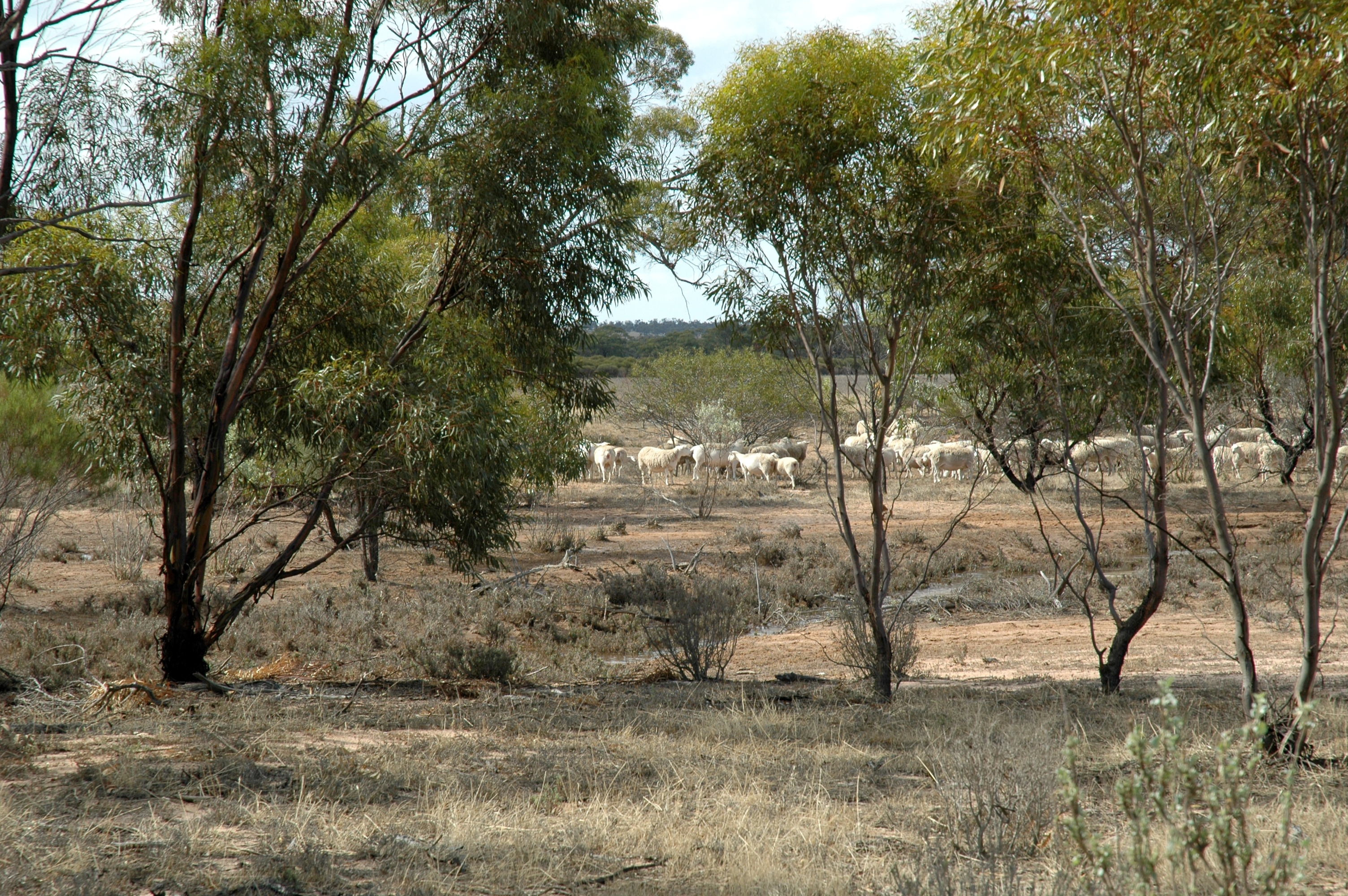Farmers across the Wheatbelt are increasingly using agroforestry for production benefits ranging from timber and energy production to forage for sheep production. Agroforestry can potentially bring back perennial plants to a large area of the Wheatbelt. By looking further into species selection and planting layout during the planning stage, agroforestry projects can provide greater benefits for regional biodiversity.
This 6-month project ran agroforestry trials that could deliver increased biodiversity benefits. The trials focussed on improving landscape connectivity, conservation outcomes, and better use of low productivity land. Activities were selected after consulting industry professionals and a review of existing management practices. The project identified how biodiversity can be included into existing agroforestry systems.
Understanding the trade-off between production and potential benefits to biodiversity can help land managers decide to go ahead with an agroforestry activity. This project developed a scoring system that not only helps land managers with their decisions, but can assess the relative benefits of project proposals that use public funds on private land.
The current Trials and Demonstrations project continues to manage and monitor the Biodiverse Agroforestry trial sites until June 2018.
- Published a literature review on biodiversity within agroforestry
- Published results from biodiversity monitoring at 30 established agroforestry sites in the Avon River Basin
- Proposed a new rating system of biodiversity within agroforestry projects
- Established long-term monitoring at 7/30 agroforestry trial sites
Felicity Gilbert
Program Manager – Sustainable Industries
Phone: (08) 9670 3112
Email: fgilbert@wheatbeltnrm.org.au


